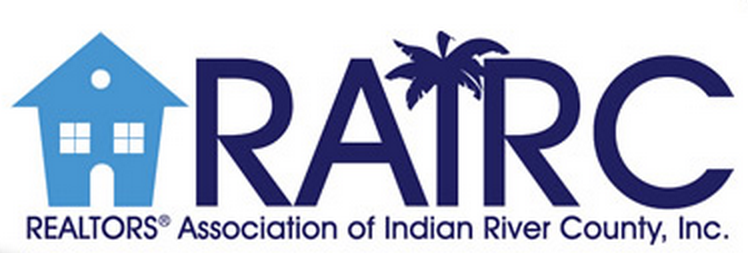3250 67th Street | Vero Beach, FL. 32967
P (772) 567-3510 | F (772) 778-6490
P (772) 567-3510 | F (772) 778-6490
There’s nothing more frustrating than falling in love with a home and then discovering you can’t afford to buy it.
Consulting with a mortgage lender is the first step you should undertake in the home-buying process. Almost all first-time buyers need a mortgage to finance their home purchase, so get prepared before you look.
When you’re armed with the knowledge of what you can afford, it focuses your search and allows you to make a move when you find a home you love.
What Is a Mortgage Pre-Approval?
Lenders offer borrowers either a pre-qualification letter or a pre-approval letter, but most REALTORS® recommend you get a pre-approval letter before you start home shopping.
A pre-qualification letter states the amount a lender thinks you’ll be able to borrow based on your income and credit profile without any actual documentation.
However, mortgage lending standards have tightened since the housing crisis, and all mortgage loans now require full documentation and verification of income and assets—so most sellers will only accept an offer from a buyer with a full pre-approval letter based on verified information.
Your home hunt will benefit from a pre-approval for two main reasons:
How to Find a Mortgage Lender
To help you land your dream home, try a pre-approval service like the one featured on the realtor.com® individual listings pages. By checking the box that says, “I want to get pre-approved by a lender”, you’ll be connected with up to three lenders right away.
A REALTOR® should also be able to recommend a lender or two for you to interview. You can check for a loan officer’s license and read reviews online to be sure you’re working with someone reliable.
As a first-time buyer, you should call a few lenders to find someone experienced with first-time buyer needs who can possibly help you identify special loan programs in your area.
What to Expect From Your Mortgage Lender
The best lenders take a collaborative approach with borrowers and explain all your loan options. When your lender checks your credit report, they should give you feedback on how to improve your credit profile.
They should also offer recommendations on how to handle your money between the time you apply for a loan and settlement day.
Your mortgage lender should provide advice about when to lock in your loan rate and discuss the pros and cons of various loan programs.
What Your Mortgage Lender Expects From You
Your lender needs you to be honest about your finances and responsive to all requests for additional information, no matter how unimportant it may seem to you. The more cooperative you are with a lender, the easier the loan process will be.
You should be prepared with tax returns, W2s, bank statements, employer names and addresses, and your current landlord’s information.
Your lender will generate a mortgage approval based on your debt-to-income ratio and credit score, but you should also consider your budget and your own comfort level with the payment amount.
There’s no need to borrow the maximum amount you qualify for, particularly if you know you plan to spend money on items that don’t show up on your credit report. Your careful planning and preservation of your emergency fund are important for responsible, long-term homeownership.
